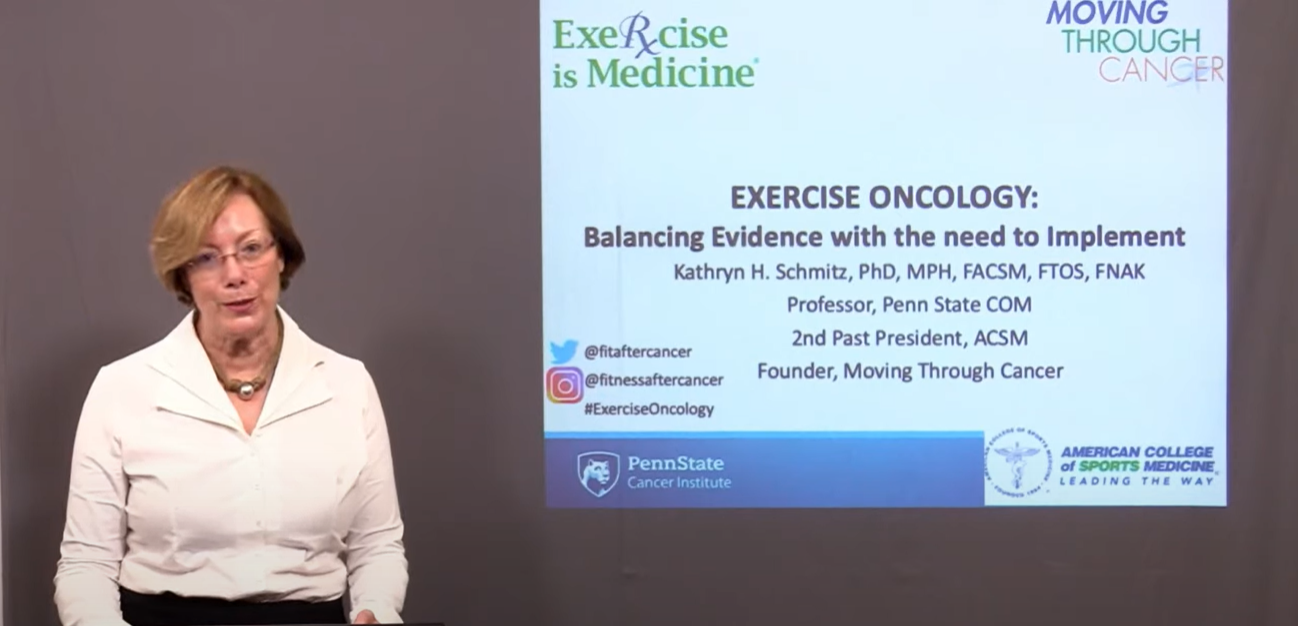Explore our featured news items here. Subscribe to stay informed of all information shared and published by OHC.
Sponsor appreciation:
You’re invited to explore and join Physician Factor, a knowledge exchange network is a dedicated portal for physicians seeking opportunities to contribute their expertise and input in exchange for compensation and supplemental income.
You can search articles using your own keywords or the following tags: Lung Cancer | Breast Cancer | Drugs and Therapies | Cancer General

Risk Factors for Nasopharyngeal Cancer
A risk factor is anything that raises a person’s chance of getting a disease such as cancer. Different cancers have different risk factors. Some risk factors, like smoking or diet, can be changed. Others, like a person's age or family history, can’t be changed. But risk factors don’t tell us everything. Having a risk factor, or even many risk factors, does not mean that you will get the disease. And many people who get the disease may have few or no known risk factors. This article spotlights some of the risk factors that make a person more likely to develop nasopharyngeal cancer (NPC).

PD-1/CTLA-4 Combination Drives Progress Across Tumor Types
Immunotherapy has been unsuccessful in advanced solid tumors refractory to standard therapy, including PD-1 and CTLA-4, because of hostile tumor microenvironments. The tide has begun to change, however, with the advent of a novel combination that can penetrate cold and immunotherapy-refractory tumors.

Awareness of the HPV-Cancer Connection, Vaccine Rates Are Lagging
Fewer Americans are aware of the fact that the human papillomavirus (HPV) can cause certain types of cancer, and vaccination rates against the virus are lagging, according to recent research presented at the AACR Annual Meeting 2023

Ultra-Processed Foods May Be Linked To Increased Risk Of Cancer
Higher consumption of ultra-processed foods may be linked to an increased risk of developing and dying from cancer, an Imperial College London-led observational study suggests.

Exercise As Medicine In The Treatment Of Cancer
In 1996 there were four randomized controlled trials that had tested the effects of exercise on outcomes within people living with and beyond cancer. By 2010, there were 82 exercise and cancer trials. But by 2018, there were over 680 trials noted in the National Library of Medicine. As a result of that exponential increase in evidence, sixteen major medical associations came together in 2018 to review the evidence and develop exercise guidance.

First Test Of Anti-Cancer Agent PAC-1 In Human Clinical Trials Shows Promise
A phase I clinical trial of PAC-1, a drug that spurs programmed cell death in cancer cells, found only minor side effects in patients with end-stage cancers. The drug stalled the growth of tumors in the five people in the trial with neuroendocrine cancers and reduced tumor size in two of those patients. It also showed some therapeutic activity against sarcomas, scientists and clinicians report in the British Journal of Cancer.

NCI Study Advances Personalized Immunotherapy For Metastatic Breast Cancer
An experimental form of immunotherapy that uses an individual’s own tumor-fighting immune cells could potentially be used to treat people with metastatic breast cancer, according to results from an ongoing clinical trial led by researchers at the National Cancer Institute’s (NCI) Center for Cancer Research.

Early Cancer Therapeutics Group
The Early Cancer Therapeutics Group at Mayo Clinic offers patients whose cancers haven’t responded to standard chemotherapy or other treatments the opportunity to join an early-phase clinical trial of a potential new treatment.

How Melanoma Prepares Lymph Nodes for Metastases
Melanoma cells release small extracellular packages containing the protein nerve growth factor receptor (NGFR), which primes nearby lymph nodes for tumor metastases, according to a new study by Weill Cornell Medicine investigators.

